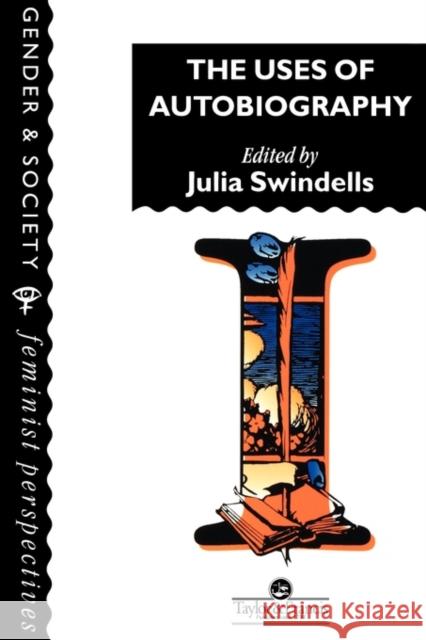The Uses of Autobiography » książka
topmenu
The Uses of Autobiography
ISBN-13: 9780748403660 / Angielski / Miękka / 1995 / 240 str.
The Uses of Autobiography
ISBN-13: 9780748403660 / Angielski / Miękka / 1995 / 240 str.
cena 257,42
(netto: 245,16 VAT: 5%)
Najniższa cena z 30 dni: 236,70
(netto: 245,16 VAT: 5%)
Najniższa cena z 30 dni: 236,70
Termin realizacji zamówienia:
ok. 16-18 dni roboczych.
ok. 16-18 dni roboczych.
Darmowa dostawa!
First Published in 1995. Routledge is an imprint of Taylor & Francis, an informa company.











